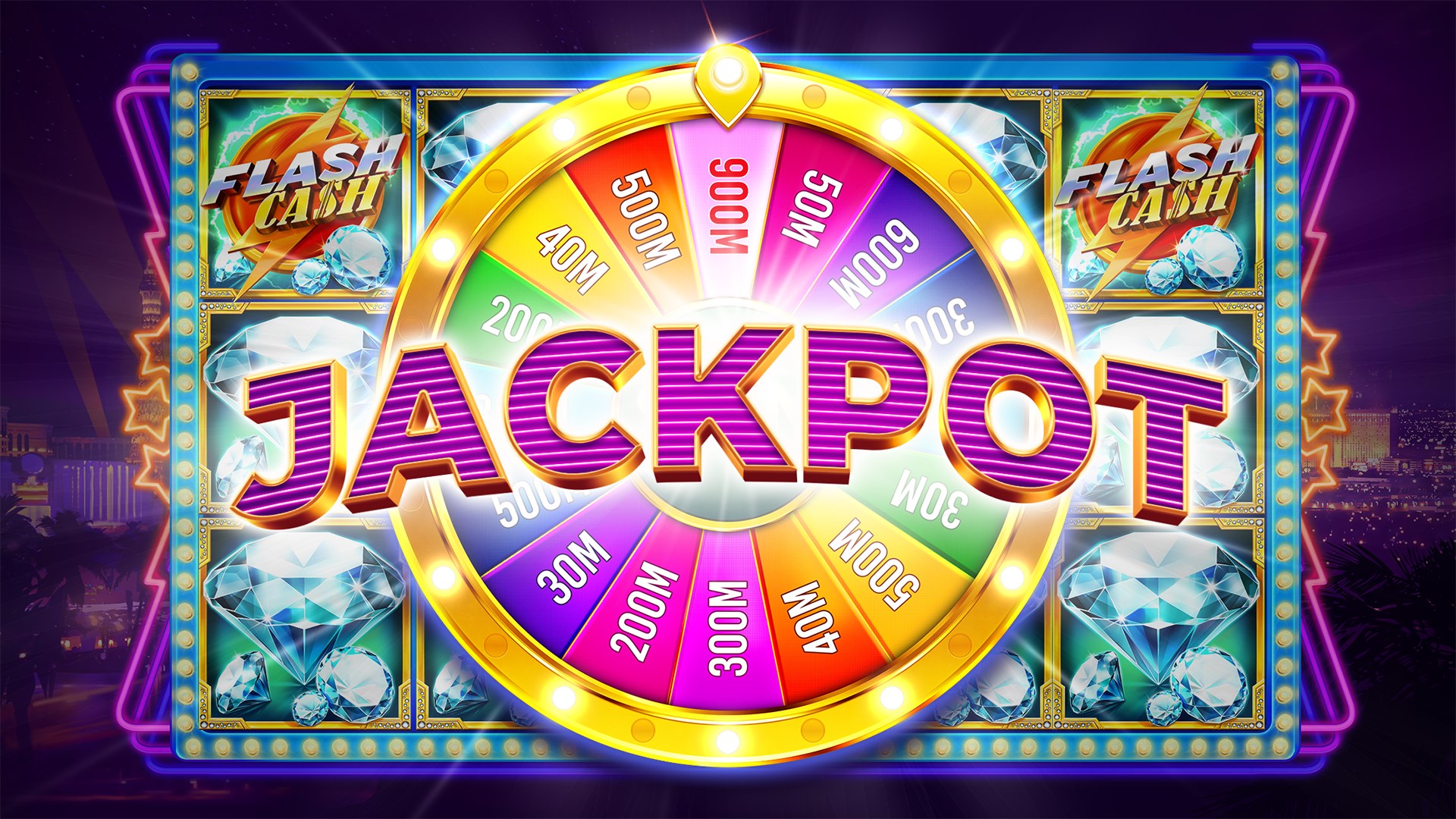Casino experiences have long captured the interest of people around the globe, becoming an important part of both leisure and culture. From the shimmering lights of the Vegas Strip to the immersive experience of virtual casinos, these activities evoke enthusiasm, danger, and sometimes even a sense of sentimentality. They are beyond simply entertainments; they have woven themselves into the fabric of society, influencing various aspects from film and songs to style and literature.
The allure of casino games goes beyond the gambling aspect, tapping into wider themes of serendipity, possibility, and social interaction. As players convene around a poker table or turn the roulette, they engage in an age-old ritual that resonates with our shared desire for excitement and instability. This fascination has led to the rise of many references in movies, tracks, and gaming, showcasing how strongly entrenched these pastimes are in popular culture. Whether it is the high-stakes tension of a traditional robbery film or the vibrant nightlife portrayed in music videos, casino games have established a substantial niche that reflects our connection with risk.
Cultural Importance of Gambling Games
Casino games have played a key role in social contexts throughout history. Stemming from ancient civilizations, games of chance were often connected to ceremonies or gatherings. For instance, early iterations of gambling can be linked back to ancient China and the Romans, where dice games and wagering on results were common pastimes. These games not only functioned as entertainment but also as means of connecting people, facilitating relationships among people within societies.
As societies evolved, so did the sophistication and structure of casino games. The creation of formal casinos in the 17th century, particularly in Italy, marked a significant shift in how games were viewed and structured. With designated spaces for gaming, the casino became a community center where people from different backgrounds convened. This change contributed to the legitimization of gambling, transforming it from a mere pastime into an established industry that influenced economy and regulations.
The effect of casino activities on mainstream culture cannot be overlooked. As they were popularized in books and movies, games such as poker and blackjack became symbols of risk, chance, and strategy. 5MB Iconic characters and narratives have developed around these activities, illustrating societal views towards luck, prosperity, and vice. This fascination with casino activities has infiltrated various forms of entertainment, solidifying their place in the public imagination and connecting them to wider cultural stories throughout history.
Representation of Casino Games in Entertainment
Gambling games have long been a popular subject in various forms of media, reflecting both the fascination and intricacies of the world of gambling. Movies such as Ocean’s 11 and Casino Royal portray characters who navigate dangerous scenarios, showcasing not only the appeal of the gambling environment but also the methods and choices that come with playing popular games like Texas Hold’em and 21. These movies often dramatize the excitement of winning and the potential consequences of losing, encapsulating the perils involved in gambling.
Television shows have also explored the world of casino games, often integrating them into the plot as a context for character development and tension. Shows like Vegas depict the lives of gambling employees and patrons, highlighting the dynamic, often chaotic energy of the gaming floor. Reality shows featuring intense gambling competitions further emphasize the appeal of casino games, drawing viewers into the tension and planning involved in each round. Through these representations, media not only amuses but also stimulates conversations about luck, skill, and the character of chance.
Digital games have increasingly integrated gambling activities into their design, allowing players to experience the experience of betting without financial risk. Games within the domain of online gaming often include online slot machines, online poker, and other popular casino games, creating an immersive gameplay that mirrors traditional gambling. These virtual portrayals make gambling activities accessible to a broad demographic, appealing to both players who indulge and those who enjoy the excitement of simulation. As a consequence, the portrayal of gambling activities in entertainment continues to shape public perception and cultural relevance, highlighting their role in society and the cultural landscape.
Effect of Gambling Activities on Communities
Gambling activities have a meaningful effect on society, influencing multiple facets of culture and interpersonal behavior. They often function as a platform for social interaction, where people come together to enjoy a common experience. Game nights with friends or trips to casinos become social activities that build connections and create memories. This communal aspect boosts the entertainment value of gambling activities, making them a popular choice for festivities and recreational pursuits.
Additionally, casino games have been depicted in numerous movies, TV series, and literature, influencing perceptions and attitudes towards gaming and betting. Icons like James Bond playing baccarat or the intense poker scenes in films have cemented these games in the shared imagination. This depiction often glamorizes the lifestyle associated with gambling, attracting new players and influencing trends in both fashion and behavior. These representations can ignite curiosity and lead to a deeper exploration of the nuances of gambling.
However, there are also negative implications associated with the popularity of gambling activities. The allure of quick monetary gain can lead to gambling addiction and financial troubles for some people. Society must contend with these issues, promoting responsible gaming and education of the risks involved. Balancing the fun aspect of casino games with the risks is crucial to ensure that they remain a beneficial aspect of our societal fabric.
